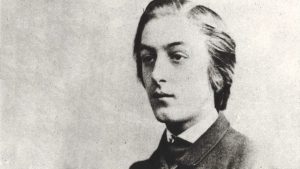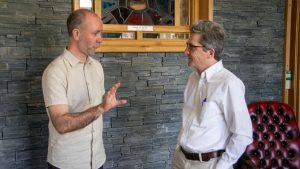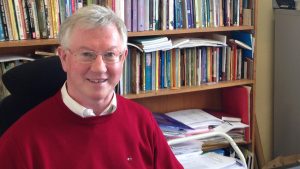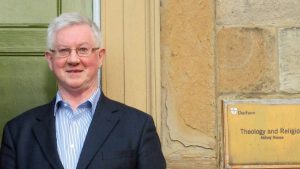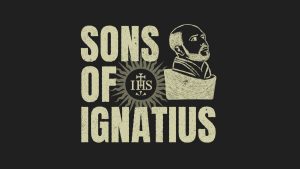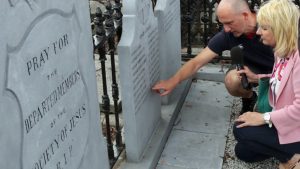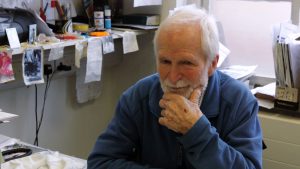The spiritual power of poetry
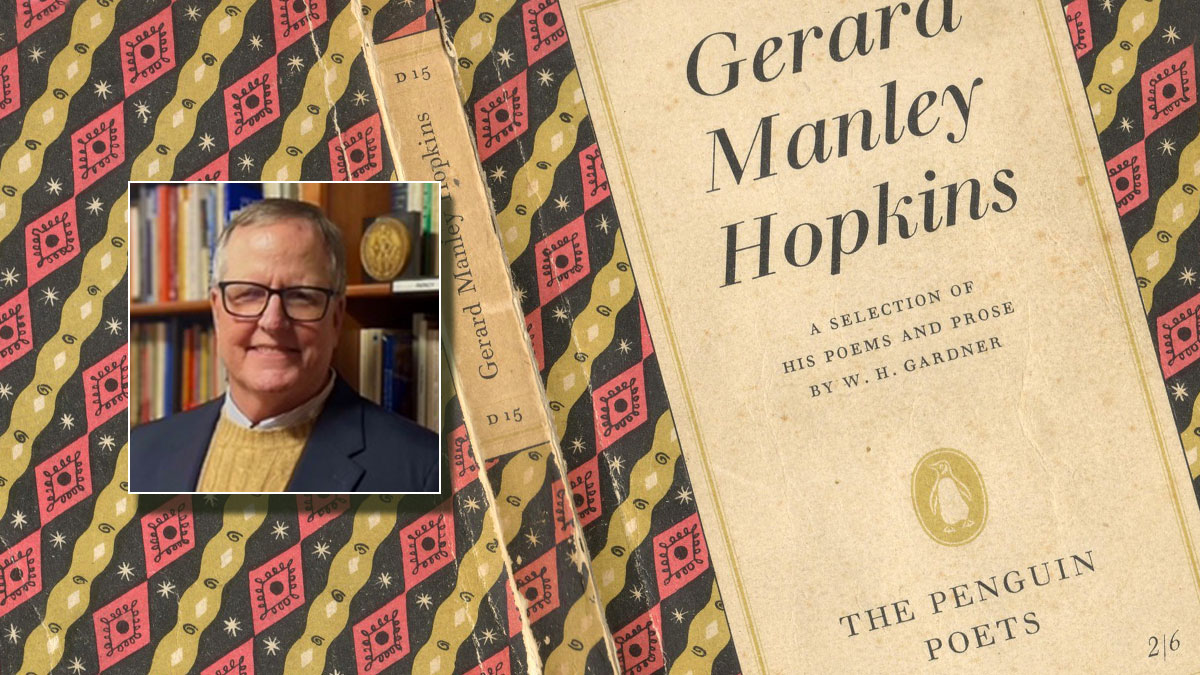
‘Reading Gerard Manley Hopkins as Spiritual Practice’ is the title and theme of an online lecture to mark World Poetry Day.
The lecture is hosted by SpIRE, the Spirituality Institute for Research and Education and takes place on Monday, 21 March 2022 at 7 pm.
Dr Michael O’ Sullivan SJ Director of Spire says that places are limited and it is free of charge so early registration is advised and registration is necessary in order to attend the lecture. Click here to register.
A confirmation email will be sent to attendees after registration. It contains a unique admittance link not to be shared.
The guest lecturer is Dr Francis X McAloon SJ from Fordham University, New York. Below is an extract outlining the themes he will explore regarding his favorite poet.
The Spiritual Power of Poetry
In this lecture, I introduce three sorts of reading strategies. First, ‘reading for information,’ occurs when we follow a recipe in order to bake a cake or update ourselves with the day’s news by reading our favorite websites.
On other occasions, we ‘read for aesthetic pleasure,’ either at the beach or by a cozy fire, reading everything from Stephen King to Fyodor Dostoyevsky, to name two extremes.
A third sort of reading is a spiritual practice, focusing upon personal transformation. Traditionally included in this genre of writing are religious texts, sacred scriptures, or the writings of medieval mystics, for example.
It is true that, by long tradition, these texts potentially offer opportunities for inspirational or transformative insight; however, I want to expand upon this shelf of texts to include non-biblical poetry, specifically, the poems of Gerard Manley Hopkins, SJ, the mid-19th century English poet who composed some of his best poetry while teaching at University College, Dublin.
While Hopkins’ poetry often is explicitly or implicitly religious, I prefer to engage his poems in terms of the psycho-spiritual themes of consolation, desolation, and the quotidian.
I argue that as a spiritual practice, a transformative engagement with his poetry potentially gives rise to a new sense of self in one’s relationships to the transcendent, others, and the environment.
What I propose is a possibility, not a certainty, and my choice of Hopkins’ poetry is not exclusionary, but exemplary. There are many other poems and literary forms open to the possibility of the spiritual practice of transformative readings.
In this lecture, I modestly propose my favorite poet, Hopkins, who writes from his heart about consolations, desolations, and every day of life in 1880’s Ireland. Might his poetry have something to say to us 21st-century folks? I believe it does!
Dr Francis McAloon SJ,
February 2022.




